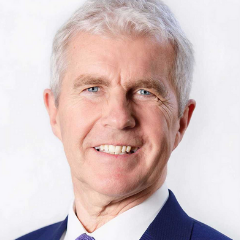Roberto V. Zicari is professor of Database and Information Systems (DBIS) at the Goethe University Frankfurt, Germany. He is an internationally recognized expert in the field of Databases and Big Data. His interests also expand to Ethics and AI, Innovation and Entrepreneurship. He is the founder of the Frankfurt Big Data Lab at the Goethe University Frankfurt, and the editor of the ODBMS.org web portal and of the ODBMS Industry Watch Blog. Roberto V. Zicari is leading together with a team of international experts the definition of an assessment process for Ethical AI, called Z-Inspection. He was for the past five years a visiting professor with the Center for Entrepreneurship and Technology within the Department of Industrial Engineering and Operations Research at UC Berkeley (USA).
























































